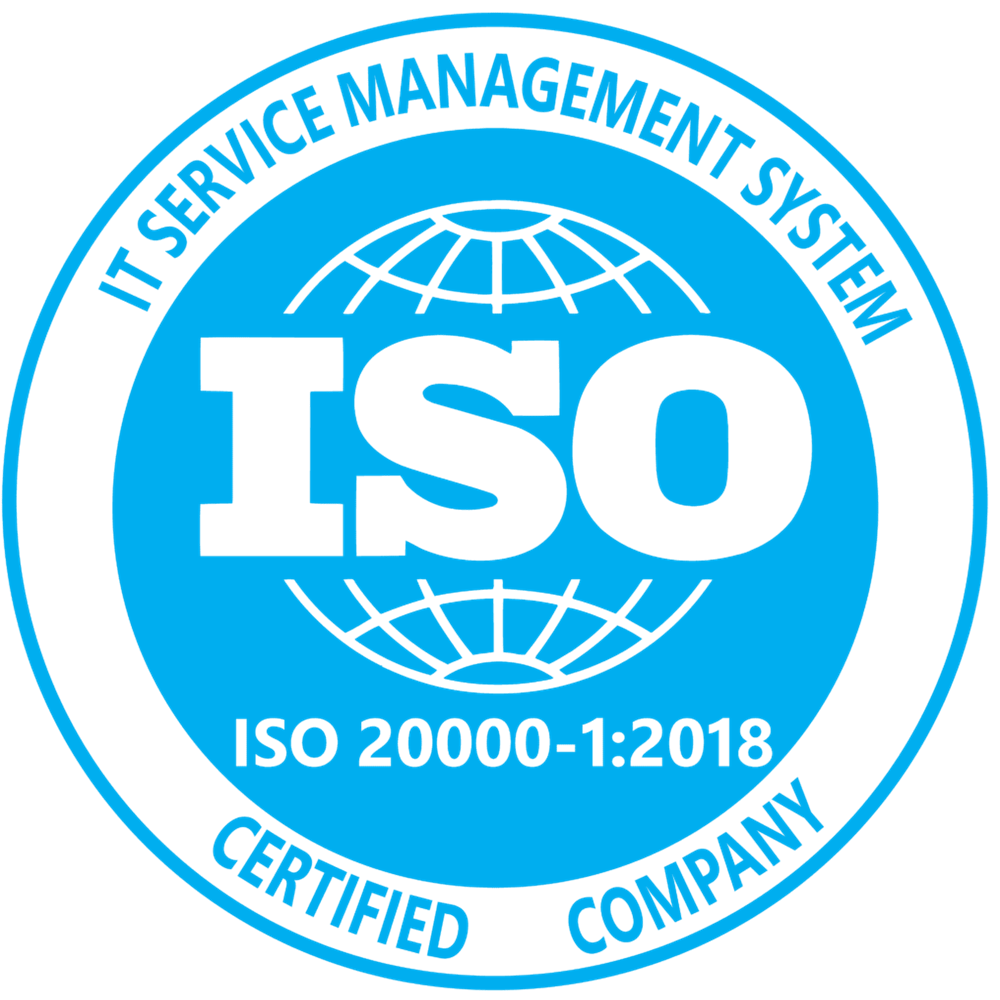Our Certifications
Secuwall Technology Limited is proud to be certified to ISO/IEC 27001:2022 (Information Security Management System) and ISO/IEC 20000-1:2018 (IT Service Management System), demonstrating our commitment to service quality, reliability, and information security excellence.

ISO/IEC 27001:2022
Information Security Management

ISO/IEC 20000-1:2018
IT Service Management
